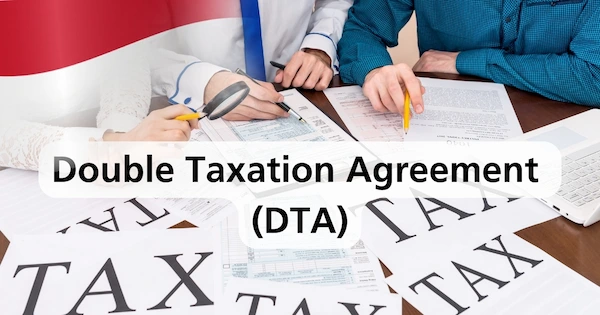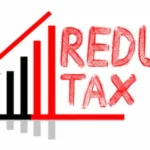Double Taxation Agreements and Their Impact on Vietnam
Vietnam’s tax system is complex, and navigating it can be a daunting task, especially for foreigners working in the country. One crucial aspect of Vietnam’s tax landscape is the network of Double Taxation Agreements (DTAs) that the country has established with various nations. At Jobinvietnam.net, we understand the importance of these agreements and their impact on both foreign workers and businesses operating in Vietnam.

What are Double Taxation Agreements?
DTAs are bilateral treaties between two countries that aim to prevent the double taxation of income earned by individuals or companies operating in both jurisdictions. These agreements define which country has the right to tax specific types of income and establish rules for claiming tax credits or exemptions to avoid double taxation.
Vietnam has DTAs with over 70 countries, including major economies such as the United States, the United Kingdom, China, and Japan. These agreements play a crucial role in attracting foreign investment and talent to Vietnam by providing a clear and predictable tax framework.
Benefits of Double Taxation Agreements for Foreign Workers
For foreign workers in Vietnam, DTAs can significantly reduce their tax burden and simplify their tax obligations. Some key benefits include:

- Lower withholding tax rates on income earned in Vietnam
- Exemptions from Vietnamese taxes for certain types of income
- Ability to claim tax credits in their home country for taxes paid in Vietnam
- Clearer determination of tax residency status
These benefits can make working in Vietnam more attractive and financially rewarding for foreign professionals.
Impact on Businesses Operating in Vietnam
DTAs also have a substantial impact on businesses operating in Vietnam, particularly those with foreign ownership or international transactions. Some key advantages for businesses include:
- Reduced withholding tax rates on dividends, interest, and royalties
- Elimination of double taxation on profits earned in Vietnam
- Improved access to foreign capital and technology
- Enhanced legal certainty and stability for cross-border investments
By reducing the tax burden and providing a more stable tax environment, DTAs can help businesses grow and thrive in Vietnam’s dynamic economy.
Navigating the Complexities of Double Taxation Agreements

Despite the benefits, navigating the complexities of DTAs can be challenging for both individuals and businesses. Each agreement has its own specific provisions, and the interaction between Vietnamese domestic tax laws and DTAs can be intricate.
At Jobinvietnam.net, we highly recommend that foreign workers and businesses seek professional tax advice to ensure compliance with Vietnamese tax regulations and to maximize the benefits available under applicable DTAs. Our team of experts is well-versed in Vietnam’s tax system and can provide personalized guidance to help you navigate this complex landscape.
Taxation of Cross-Border Employment and Foreign Income in Vietnam
When it comes to cross-border employment and foreign income, Vietnam’s tax system can be particularly complex. Foreigners working in Vietnam may be subject to Vietnamese income tax on their earnings, depending on their tax residency status and the nature of their income. Additionally, they may also face tax obligations in their home country, leading to potential double taxation issues.
Vietnam’s DTAs play a crucial role in mitigating these challenges by providing clear rules for determining tax residency, allocating taxing rights between countries, and offering mechanisms for claiming tax credits or exemptions. However, the specific provisions of each DTA can vary significantly, making it essential for foreigners to carefully examine the agreement between Vietnam and their home country.
To learn more about the taxation of cross-border employment and foreign income in Vietnam, click here for our in-depth article on this topic: Taxation of Cross-Border Employment and Foreign Income in Vietnam.
Conclusion
Double Taxation Agreements are a vital component of Vietnam’s tax system, offering significant benefits to both foreign workers and businesses operating in the country. By reducing the burden of double taxation and providing a clearer tax framework, DTAs can help attract foreign talent and investment to Vietnam, contributing to the country’s economic growth and development.
At Jobinvietnam.net, we are committed to providing the most up-to-date and accurate information on Vietnam’s tax system and DTAs. If you have any questions or need assistance with your tax situation, please don’t hesitate to contact us via phone, Zalo, or WhatsApp. Our team of experts is here to help you navigate the complexities of Vietnam’s tax landscape and ensure that you can make the most of the opportunities available in this dynamic country.


